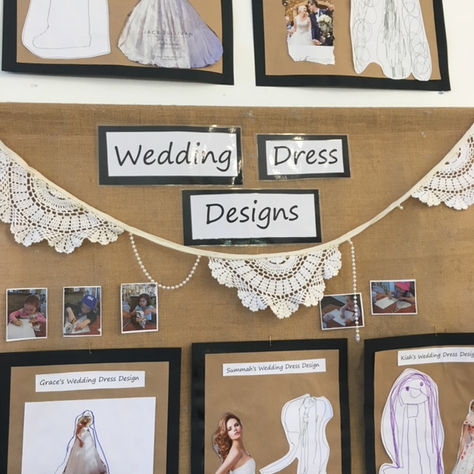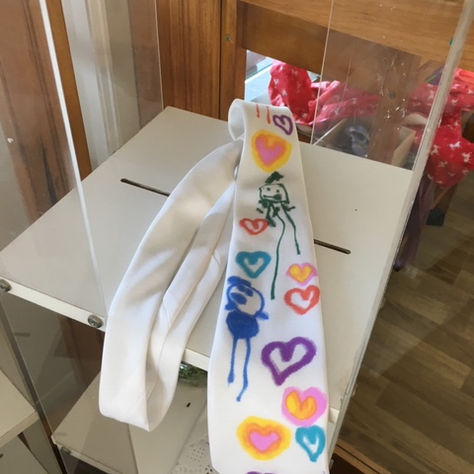
Building Knowledge together
Green Beginnings Child Centres and Kindergartens see the years prior to school as a critical period of a child’s life for establishing the basis of their future values, development and dispositions for learning.
Each child is nurtured, respected and celebrated as they undertake their learning journey with the support of other children, Educators, their family and community.
The flow of the day follows a consistent rhythm which creates flexibility to accommodate children’s needs and interests. Long periods of uninterrupted time allows for children to engage in sustained periods of play and investigation. Our planning relies on an emergent curriculum approach. Play forms the basis of the program and children are engaged in learning that is built around their questions, wonders and delights. Pre literacy and numeracy is gently woven through our day in a way that is relevant and meaningful to the lives of the children. This means that children are very much involved in helping to plan the program.
We know children respond to and acquire knowledge better when learning is meaningful to them and has a purpose. Play is a perfect place to help that flourish in its own time.
Our Educators at Green Beginnings see themselves as facilitators for children's social construction of knowledge. When we collaborate and extend, our understandings together we follow a process of observation, documentation and interpretation in a recursive relationship.
The interactions between Educators and children are purposeful and meaningful. As we watch children play; and engage ourselves in children's play (when the moment is right), our team are observing, thinking and wondering about lots of things. "What is it about the play they just saw that may have touched their hearts or sparked wonder, or made them eager to engage?" In response they will reflect upon and think about "What it might be the child/ren are testing or hypothesising?", "What ideas are they discussing together?" or "What is it they are trying to work out or question?".
We also learn a lot about children's prior knowledge and use this as basis from which to plan for future learning.
If we are to really make this building of knowledge and love of learning meaningful and purposeful we really need to listen to what children are showing us through their play, and this is the part we love the best. Our Educators are always actively listening and responding to the voice of the child - and when we say “voice” we don‟t just mean the spoken version – it comes in many forms….art, movement, dance, clay, song, structures (their Hundred Languages).


Our Educators get great joy from this reflective practice of observing the children, written transcripts of conversations and thoughts that took place during those moments in play are noted. The documentation process includes the gathering of any artefacts, art, drawings or photos (dance, music, construction, etc) that will accompany and support the written language and help us to discuss and analyse the direction this learning could possibly take.
Our team, with input from children and families, will then talk about (or analyse if you like) the documentation. These discussions allow us to plan for making learning richer. They will ask questions such as...
What is this child/ren learning?
What are these children wondering?
How can I enrich this moment and extend on the knowledge that is being built?
What kinds of resources and offerings can I bring to deepen this interest or inquiry?
Who can I invite from the community to share their knowledge about this interest and broaden our understandings?
Are there places we can visit, on an excursion, that will show us what we are wondering?
Children are very much part of the planning here at Green Beginnings and are encouraged to contribute their ideas and make choices throughout this emergent learning process. PLAY and RELATIONSHIPS are at the forefront of knowledge building.
Our planning model says that it is okay to not be sure, and to ask questions and to not know the answers, or even where to go next.
The journey to finding the answers is where the real magic happens and where learning isn't just something children have to do, but rather something they love to do, building understanding that will travel with them through to their adults years.
Parents are recognised as valuable learning partners in each child’s learning journey and always invited to respond to and contribute to deepening children's inquiries throughout all parts of this journey. Parents sometimes hold the key to helping explain children's thoughts and ideas, and connections they have made from their home environment to ours.
Positive open and respectful relationships with children and families at our service also help us to gain a progressively deeper understanding of who each child is, the family they are a part of, and the community in which they reside.
Making children's thinking visible….
Children's voices are recorded everywhere as part of knowledge building and form a very important part of telling our story about what is happening in your child's play space. When you look around our environment you will see things such as , "the Daily journal", "individual portfolios”, “Documentation Panels”, “display books” on easels , and “visual recounts via technology” (on maybe an ipad or monitor).
Documentation may tell you about...
•Investigations into areas of interest
•Their words and ideas, their conversations, their questions, and their wonders
•Their representations (hundred languages) of how they are interpreting the information (sculptures, drawings, dialogue, photos or footage of movement, dance, interactions with others)
 |  |  |
|---|---|---|
 |  |  |
 |
We want children to “love learning”.
Whilst our pedagogical practices make links to The National Early Years Learning Framework and The Queensland Kindergarten Learning Guidelines, we know that these documents are developed from research findings, and it is from these findings we draw our inspiration.
Green Beginnings Child Centres and Kindergartens represent an innovative early childhood approach influenced and inspired by various researchers, educationalists, psychologists, naturalists, and child advocate organisations in our field.
We are inspired by so many wonderful people who are instrumental in providing us with knowledge about environments and interactions that deepen children's understandings. People such as as Peter Gray, Claire Warden, Richard Louv, Ann Pelo, Teacher Tom, Jerome Bruner, John Dewey, Alfie Kohn, Dr Louise Porter, Margie Carter and Sylvia Chard, Lillian Katz, Prof Darhlberg, and most significantly Loris Malaguzzi are but to name a few.
Children here are certainly not empty vessels waiting to be filled…they are already full… full of wonder, full of delight, full of questions and full of answers.














